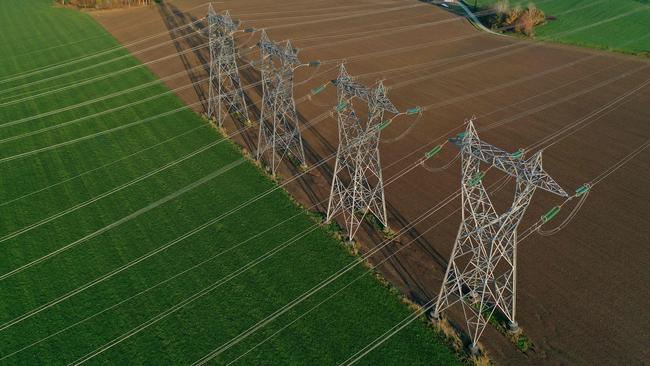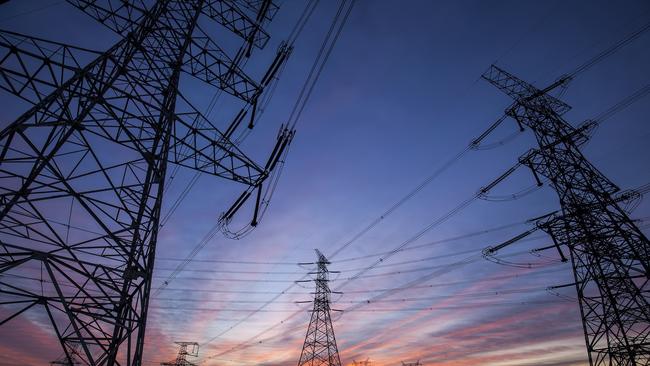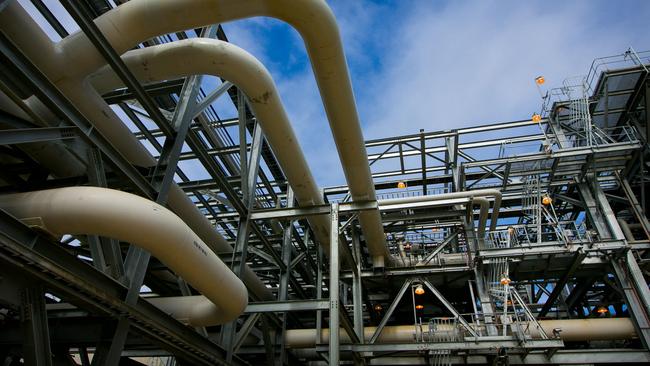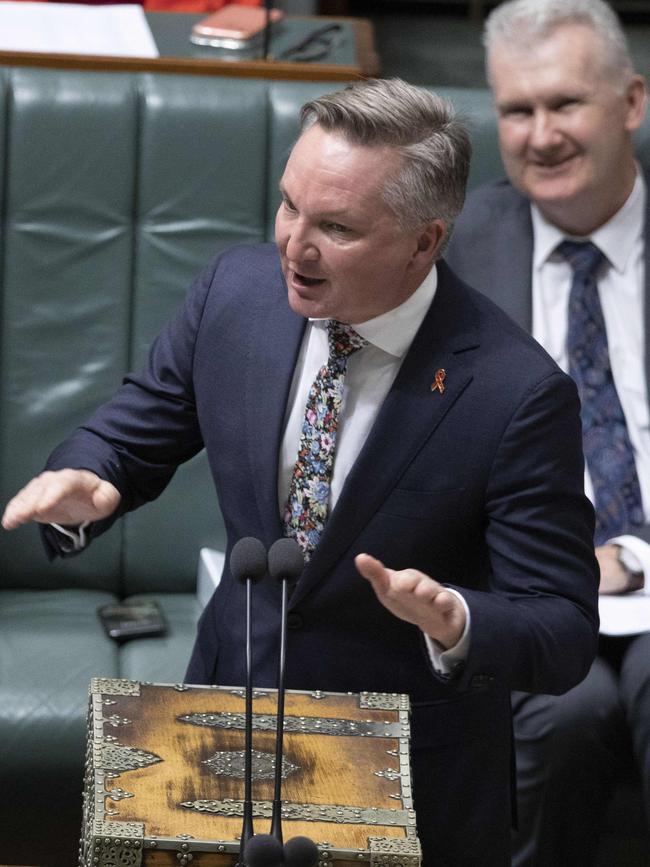
The coal and gas price caps outlined by Prime Minister Anthony Albanese are set to pile uncertainty on a nearly broken energy market and ultimately drive up prices. Or at worst – put the east coast a step closer to blackouts.
While the price caps have been sold as temporary measures, the Albanese government is also seeking to use the crisis to rush through a mandatory code of conduct for the wholesale gas market that includes a provision demanding “reasonable pricing”, a mechanism that threatens to cause more permanent damage to gas supply in Australia just when it is needed the most.
Indeed, such a mechanism effectively delivers regulated returns on gas field developments and is likely to drive away any new funds needed to unlock domestic fields.
The Albanese government risks doing more harm than good when it comes to spurring on a green energy revolution by penalising the very companies attempting to make multibillion-dollar renewable investments.

The capital intensity of renewables is much higher than fossil fuels. So to deliver on the promised transition companies need the cash to spend up big on the green shift.
Frank Calabria, the chief executive of Origin Energy, one of the nation’s biggest power companies, said in response to the energy market plan: “We are concerned that interventions like price caps will have the opposite impact to that intended, discouraging much-needed investment in new gas resources and causing considerable concern about future gas supply, likely driving up prices over the longer term.”
Surging coal and gas prices are painful for everyone and they ultimately push up household costs. But Albanese and his energy minister Chris Bowen have not made the case that Australia is facing at a national emergency that demands an unprecedented response from government. Rising mortgage costs will have more impact on many household budgets but no one is suggesting a cap on interest rates (just yet).
In its efforts to distort prices, the government has missed the opportunity to tackle the supply-side issues around gas, which remains the biggest factor hampering the market.
The entire Western world is currently labouring under surging energy prices which have been accelerated by Russia’s invasion of Ukraine. Australia, given its remoteness from the European market, has been relatively insulated from the worst of the pricing moves but we are behaving as though we are wholly reliant on Russian gas.
Price signals
The coal and gas price cap has raised the stakes for all businesses facing cyclically high profits – banks or airlines – they too could be targeted for the sake of the cost of living.
It ignores the longer term pricing signals, where business strives to become more efficient during downturns – which has been seen as power prices drop – and then reinvests as prices go up.
The policy decision has heightened the real risk of supply-linked blackouts as early as 2024, with uncontracted gas from mature fields likely to remain sitting in the ground, and costly LNG import terminals – to replace declining east coast supply – will surely now stay on the drawing board.
Woodside chief executive Meg O’Neill didn’t hold back over the likely impact of a gas price cap, warning at an investor briefing this month they would discourage investment needed to put more gas in the east coast market. Woodside is a joint partner in the rapidly maturing Bass Strait gas fields which supplies 40 per cent of the east coast gas market.
“It’s really hard to see LNG imports being attractive. The price cap will have exactly the opposite effect. It might feel good for a short period but the outcome will be under-investment in supply and under-investment in the kinds of capacity mechanisms, things like (LNG terminals) that could help alleviate the pressure for the long term,” O’Neill says. And as she points out, the Australian government can’t control international gas prices. AGL, which has outlined a $20bn green investment strategy over coming years, will be hardest hit, with electricity prices capped just as it is trying to ramp up investment. Origin will also be squeezed in the domestic market, but has the hedge of significant exposure to offshore LNG exports.

The plan, outlined by Albanese on Friday and signed off by the national cabinet, will subsidise the price of coal used for electricity generation to $125 a tonne. It also includes a 12-month emergency gas price cap to be set at $12 per gigajoule on new wholesale gas sales by east coast producers. East coast gas prices averaged $26 per gigajoule over the September quarter, meaning the cap gives little incentive to sell into the market.
As MST Marquee energy analyst Mark Samtor told clients over the weekend, the new policy will likely “be looked back on as the day that the Australian energy market was officially broken by the government”.
“Short-term politics has won out against every single strand of medium-term logic,” Samtor said in the note. “There is absolutely no world, in my mind at least, where this doesn’t lead to materially lower gas supply. Particularly if coal plants perform poorly (and the economic incentive for them to perform well has just shrunk), there is every probability that gas demand will go up dramatically.”
Distorted market
Industry executives over the weekend were at a loss to explain how price caps would solve a long-term problem of securing more gas supply while the grid is being rewired for renewables, which will take decades.
One senior electricity executive said “there is no way” you can reach into a market and change the terms of a pricing contract without consequences.
“The more you intervene, the more you will own all the problems as the system gets harder to manage,” the executive said.
“Market signals will incentivise new supply.
“If you take away the market signals, then there’s every chance we could end up in two years’ time with prices artificially held down but no additional supply”.

They pointed out the market does a good job of delivering supply – because of the pricing mechanism. While there have been price shocks this year, there have been no supply shocks which has been important in keeping the lights on.
Over the weekend Chris Bowen said energy companies had a social responsibility to give Australians a fair price for gas. He also dismissed concerns about the effect on investment.
“This argument really goes to say we believe we need profits as high as we can get during a war, during a global energy crisis, for our industry to be viable. Nobody is going to believe that because it’s just not true,” Bowen said.
Albanese has promised consumers will be $230 better off under the price cap plan, but households will be paying for the long-term cost of another distortion to the nation’s power market.
johnstone@theaustralian.com.au

